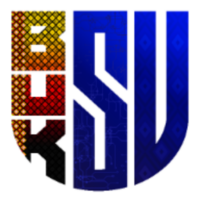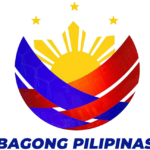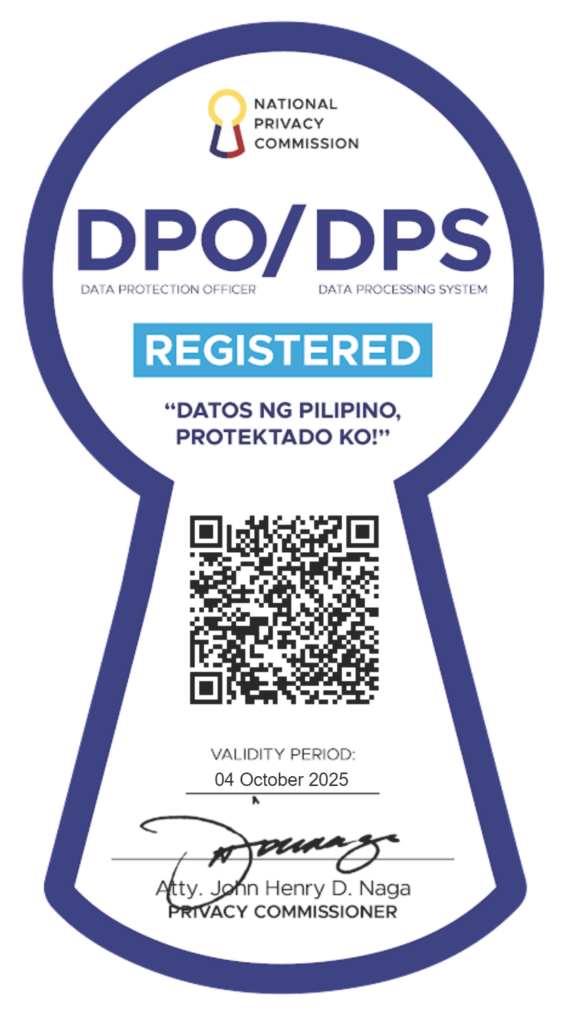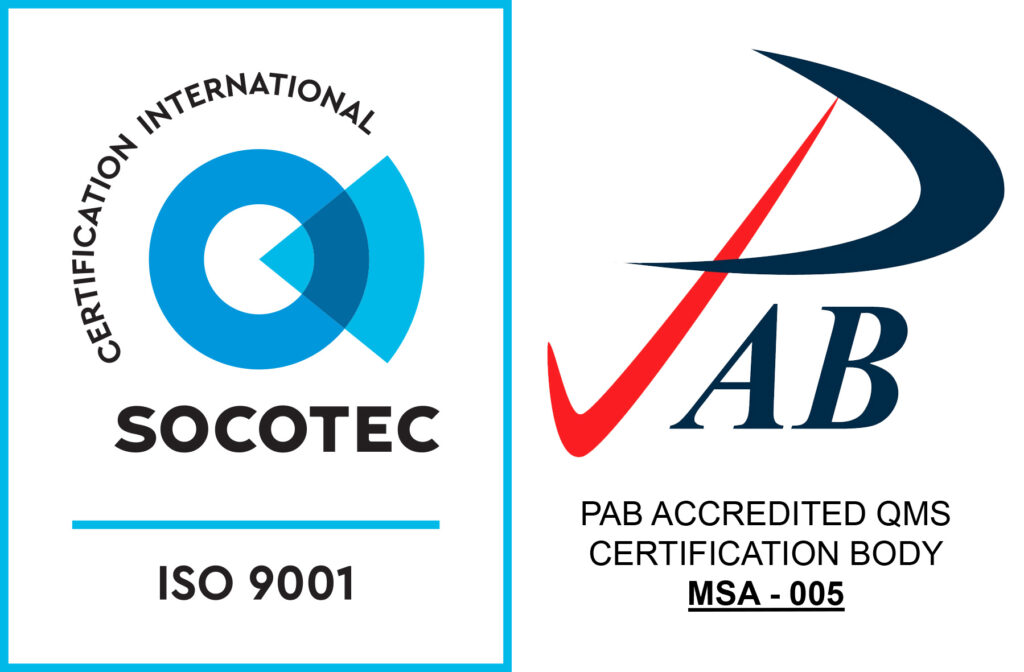Overview
The Bachelor of Science in Developmental Communication program (BSDC) is a four-year course designed to develop well-rounded, ethical, analytical, innovative, value-oriented communicators for development. It focuses on how verbal and nonverbal messages are used to create meanings in various contexts using various media platforms. It includes a broad range of subject matter ranging from communication, natural and social sciences and other technical courses such as food technology, health, and environment. The program serves as a training ground for the students to acquire knowledge, skills, and attitudes needed in their employment in the public and corporate communication, as communication officers, communication researches/ analysts, communication/media planners and managers, program/project development officers, media practitioners, learning system designers, multimedia designers, and in the allied/related professions.
Program Competencies
The BS Development Communication program aims for the students to acquire the following competencies:
- Develop a critical understanding of development perspectives;
- Define and access information needs; assess and organize information and knowledge; produce, share, and utilize information and knowledge;
- Apply communication theories/models, principles, practices, and tools in development work;
- Develop a communication program/plan;
- Demonstrate effective interpersonal skills as a linker, networker, and mediator;
- Communicate in different formats and platforms (print, broadcast, and online);
- Conduct communication research, monitoring, and evaluation;
- Develop and produce multi-media materials;
- Demonstrate program management and leadership skills;
- Develop entrepreneurial capabilities;
- Adhere to ethical standards and practices;
- Know and practice rights and responsibilities, and accountabilities in the communication profession;
- Integrate technical knowledge (e.g., Biological Sciences, Physical Sciences, Health Sciences, and Applied Sciences) in content development and management; and
- An ability to participate in the generation of new knowledge or in research and development projects



